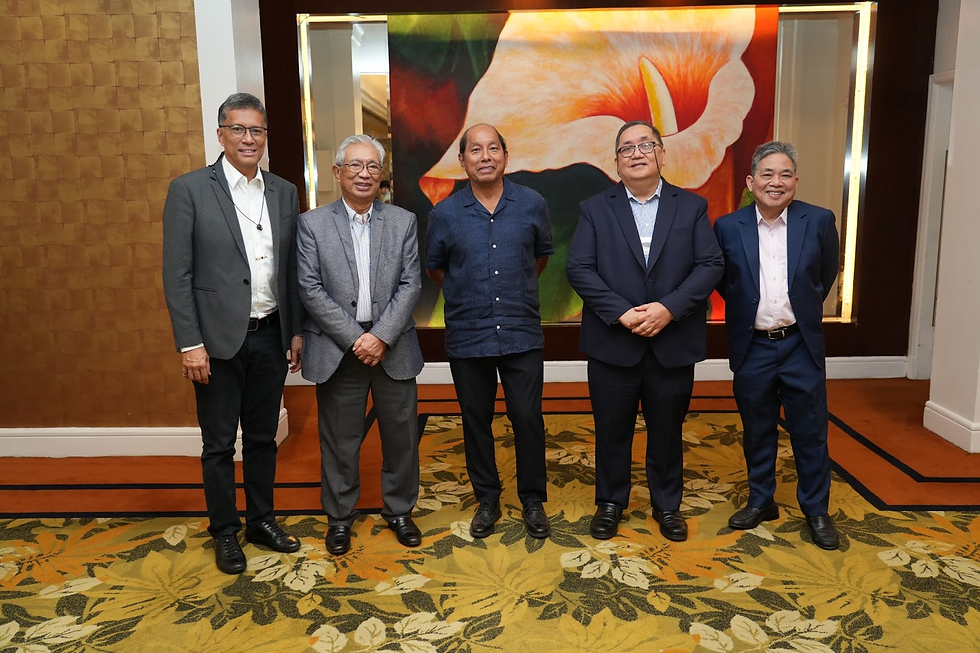POSITION STATEMENT ON THE VAT REFORMS
- Action for Economic Reforms
- Aug 23, 2017
- 2 min read
AER position on the VAT reforms
23 August 2017
FOR ATTRIBUTION: Filomeno Sta. Ana III, AER Coordinator
Isn’t it alarming that too many items are covered by exemption from the value-added tax (VAT)?
Exempted from the VAT are 143 items of goods and services. This complicates the tax administration system, creates opportunities for gaming, narrows the tax base, and facilitates revenue loss.
We thus support the proposal to clean up the VAT exemptions and the Tax Reform Acceleration and Inclusion (TRAIN) as a package.
Cleaning up the VAT exemptions enables us to define our priorities and target the marginalized sectors that truly need the incentives most. Items that do not directly and substantially benefit the poor should not be exempt from VAT. The products consumed by the poor, like food in its raw state, and health and education services should be exempt from VAT.
The tax gap from VAT is 6.5 percent of GDP, the highest among diff types of tax. This should be enough proof that the current VAT system is inefficient. If groups like IBON Foundation, Bayan Muna, Freedom from Debt Coalition and other groups opposing TRAIN insist on addressing tax administration first, they should support these reforms in VAT.
The welfare of vulnerable sectors such as persons with disabilities and senior citizens is important. The revenue generated from the removal of the VAT exemptions will increase resources that can be redistributed to these sectors. Subsidies through the budget or the General Appropriations Act are the effective way to help the vulnerable sectors. What they really need is universal access to public services such as socialized pension, inclusive mass transportation, and the right health care. Hence, these programs will be funded through the tax reform, including the broadening of the VAT base.
Further, VAT exemptions for senior citizens, especially on restaurants, cinemas, etc. benefit the rich and upper class. The poor do not avail themselves of such comforts. They simply cannot afford them. These exemptions only highlight the inequity of our current tax structure.
Cooperatives that produce, sell and distribute raw agricultural products, and those that earn less than Php 3 million a year or 85% to 90% of cooperatives in the country will remain VAT exempt. Vulnerable sectors who are members of cooperatives that fall under these two categories will continue to enjoy this incentive. But isn’t it fair that cooperatives earning tens of millions and even hundreds of millions be covered by VAT?
Failure to rationalize the VAT exemptions narrows the tax base, thereby worsening the revenue leakage and the inequity of the tax structure. (END)
AER submitted this statement to Sen. Sonny Angara, Chair of the Committee on Ways and Means during the hearing on VAT reforms today.



